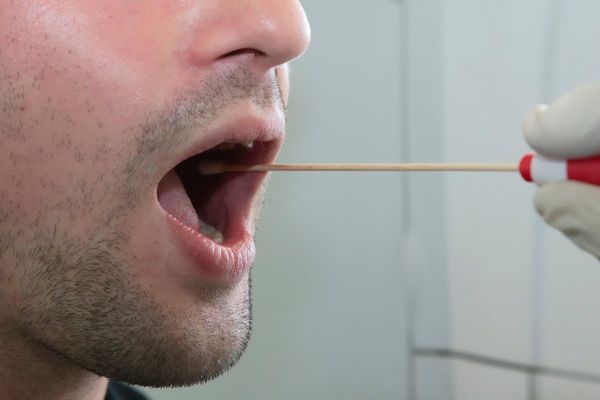
You may have heard the term “active aging,” but what does it really mean? Do you have to hit the gym every day, or hike every weekend?
Not at all. Active aging includes a wide range of pursuits that keep your mind, body, emotions and spirit engaged, regardless of age, health or socioeconomic status, according to the World Health Organization (WHO). It also means being diligent about your own health and well-being.
Following the principles of active aging can help extend longevity and quality of life, according to Colin Milner, founder and CEO of the International Council on Active Aging. “Physical activity is just one of the many elements that makes up a person. “It’s just as important that we are socially connected and that we are intellectually active.”
How to be an active ager
Stay positive
Active aging starts with having a positive attitude about getting older. Research by Yale psychologist Becca Levy and others have found that negative attitudes about aging can trim 7.5 years off your life. Other studies find connections between positive attitudes about aging and better health, including lower risk of heart disease, diabetes, and cancer, as well as improved quality of sleep.
Stay connected
Older people with active social interactions with family and friends — whether in person or virtually — may live longer and reduce their risk of depression, according to The American Geriatrics Society. Conversely, being isolated or lonely increases the odds of poorer health.
Stay involved
Participation in cultural, social, economic, and civic affairs can also help foster wellness and healthier aging regardless of physical or cognitive status, the WHO reports. Activities like volunteering in the community, participating in intergenerational programs (think: tutoring, reading to children, family gatherings), political involvement, or even helping out a neighbor foster a sense of satisfaction and purpose.
Stay healthy at all ages and stages
Your early life behavior—including diet, alcohol and tobacco use—sets the stage for later-life active aging, according to Dr. Susan Friedman, a geriatrician and professor of medicine at the University of Rochester. Friedman points to a growing recognition among medical professionals that lifestyle really does make a difference in healthy aging.
“However, people should know they can live active, healthy, happy, productive lives, even with chronic disease or disability,” says Friedman. And, it’s never too late to adopt healthier behaviors, which can help minimize the effects of disease and extend longevity, she says.
Stay curious
Intellectual engagement is as important as physical and social stimulation, experts say. Efforts that promotes brain health, like taking a class, playing music, reading books about new subjects, or learning new skills, keeps the brain engaged and neurons firing.
Stay calm
Managing stress and anxiety as an older person is different. You may experience new types of stressors, like the loss of a loved one, a change in financial status or less structure in your day due to retirement, as well as physical changes, according to experts at Harvard Health. Exercise, deep breathing techniques, mindfulness or meditation, and increased social and mental health support are just some non-pharmacologic ways to help handle life’s ups and downs.
Other factors that contribute to longevity
While other factors like biology and genetics, income, education, and access to health care, play important roles in healthy longevity, everyone can take an active approach towards aging, regardless of their particular circumstances, Friedman says.
Building in multiple components—physical, dietary, social, stress reduction, and avoiding toxins like tobacco, means you’re more likely to foster your own healthy aging. “The more that we can take this lifecycle approach, the better off we'll be,” she says.
Beyond the individual
While individuals must take the lead, health care systems, governments and policymakers must also create the means to foster healthy older age. A 2020 report from the McKinsey Global Institute, concluded that we should be thinking about health and aging more as an economic and social investment rather than a strain on the economy or safety net.
“Long-term prevention and health promotion cannot simply be left to healthcare providers or healthcare systems. It is quite literally everybody’s business,” the report said. At the individual level, people who are more engaged in their own health and aging reduce the burden on the healthcare system, and contribute more to the economy.
No matter where you live, or what your specific lifestyle and health situation is, anyone can be an active ager, according to Milner. “Even if you are in long term care, you can always squeeze the juice out of life. So that you can live better, longer, in that circumstance,” he says.
There are no hard and fast rules for active aging, except to engage your whole self as much as possible, says Friedman. “You don’t have to climb the mountain. You just have to take that first step.”







